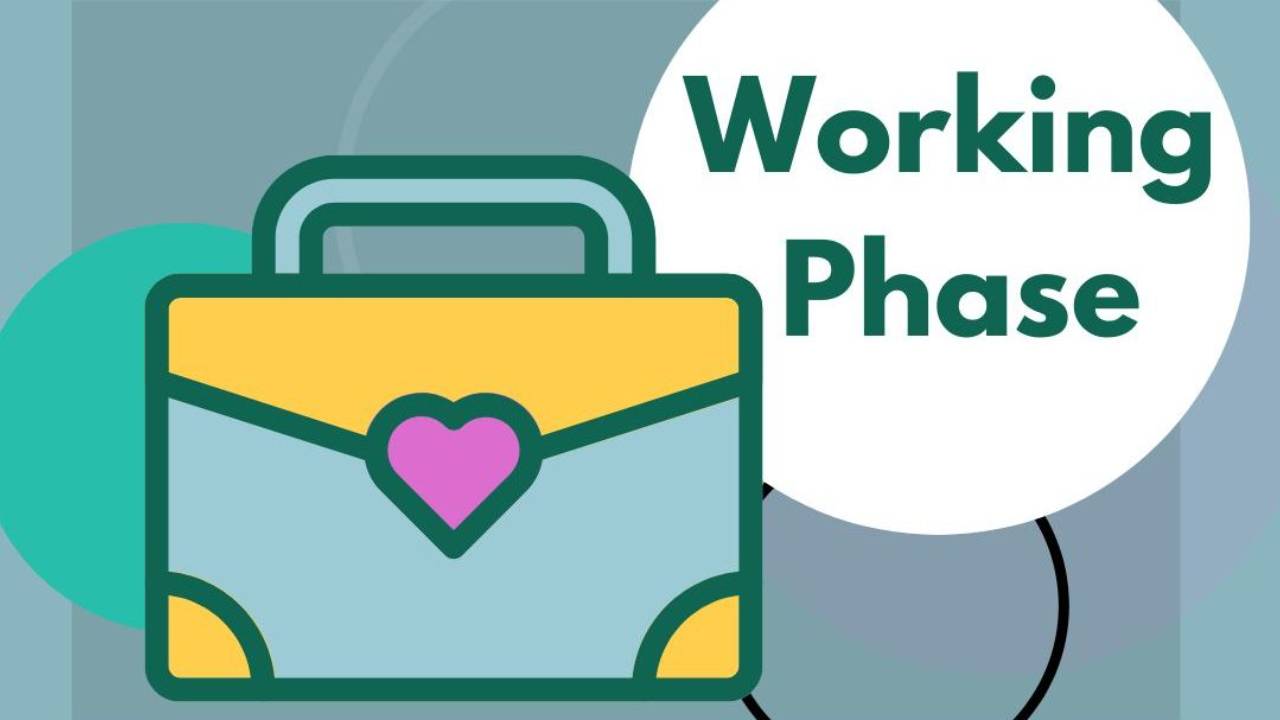Speak Ill of the Dead. (+ Member Gathering and Inspiration from a 66 year old Tuba player)
Working Phase is a weekly newsletter to help therapists be informed, resilient, and effective in and out of the therapy room.
There are some moments in PTSD recovery that happen over and over, client after client.
The final moment, that signal when someone has shifted from "living with active PTSD symptoms" to "PTSD in remission" usually sounds something like this:
“The way [they] hurt me was horrible, and no one is allowed to do that. But I know how to take better care of myself now, and [they] are not in power over me anymore.”
This moment in the therapy room is especially powerful if the client’s abuser is very ill or dead.
Now, here’s a sneak peek at what happens in therapy right before we’ve earned this beautiful moment.
- The client and I have had at least 2 sessions about whether or not they are “allowed” to be mad at someone who was sick or dead.
- We’ve then had at least 2 sessions where they get to practice putting words to the unspeakable: “I have been holding anger and even hatred toward someone who is ill or dead.”
- Then we have about ½-a-session where the client wonders if they’ll be angry forever. The other ½-a-session is an overflow of the deep well of empathy that was locked away behind the restrictions and barriers that also locked away the anger. The flood is beautiful and often visceral.
That’s right: having permission to call a spade a spade, to call abuse “abuse”, is often an essential step for clients to reclaim their freedom to feel ALL of their feelings.
The beautiful feelings often come after the terrible ones, not just "instead" of the terrible ones. People find ways to understand their abuser, even when they don’t excuse or accept the abuse.
Being honest about the harm of someone else’s actions, words, or influence does not make the world worse.
It’s an important act of reclamation of your identity, perspective, and right to your feelings.
It helps us, as a family, community, or society, discuss and decide what behaviors are acceptable or not.
And when you reconnect with your whole self, you move with an even more warm and deep understanding of the essential humanity in all people, even people who have been abusive.
There is an application of this for the conversation around the death of Charlie Kirk of course. It applies to the death of other polarizing people.




